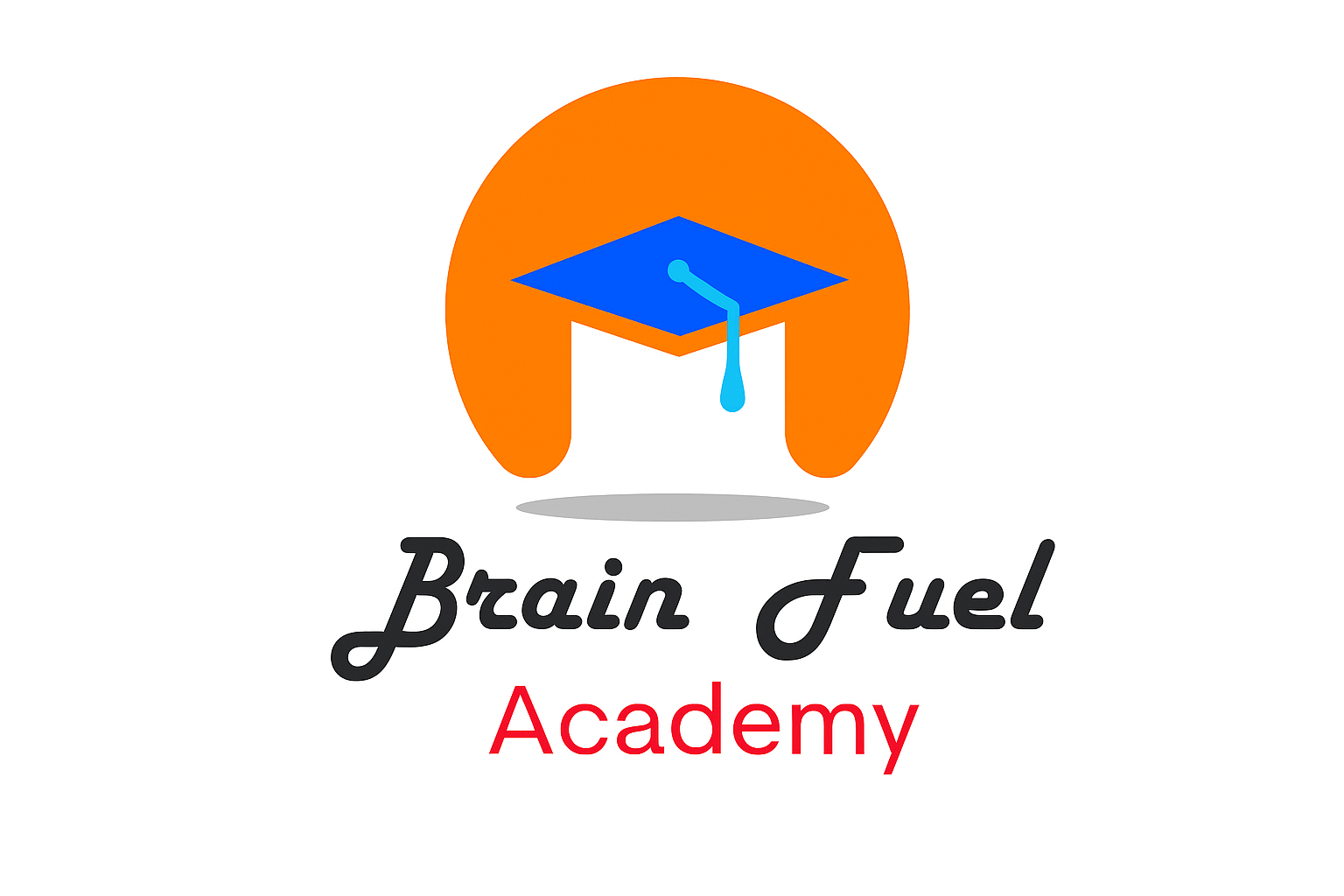Currently Empty: $0.00
About Course
Requirements
-
Students will need a printer to print out the PDF documents to guide them through the process
-
Students will need the time and motivation to create their own personalized study plan
Description
It’s a struggle to self-study anything, let alone a language! Languages were created for the sole purpose of communicating with others. So, is it possible to self-study English online? Of course it is!
This course will help motivated self-studying English students learn how to effectively learn online. Learn how to set achievable goals, how to identify the right resources and how to create a study plan that will lead you to success. Downloadable PDF documents help guide you through the entire process.
If you’re at a loss on how to study English online, have no fears! This course is designed to help you.
Who this course is for:
- This course is meant for motivated people who would like to learn English online for any purpose
- This course is not meant for students who want one specific study methodology handed to them, but rather for those who are motivated enough to create their own personalized methodology
Course Content
Course content
-
Preview
-
Preview
-
Preview
-
Preview
-
Preview
-
Preview
-
Preview
-
Preview
-
Preview
-
Preview
-
Preview
-
Preview

No Review Yet




